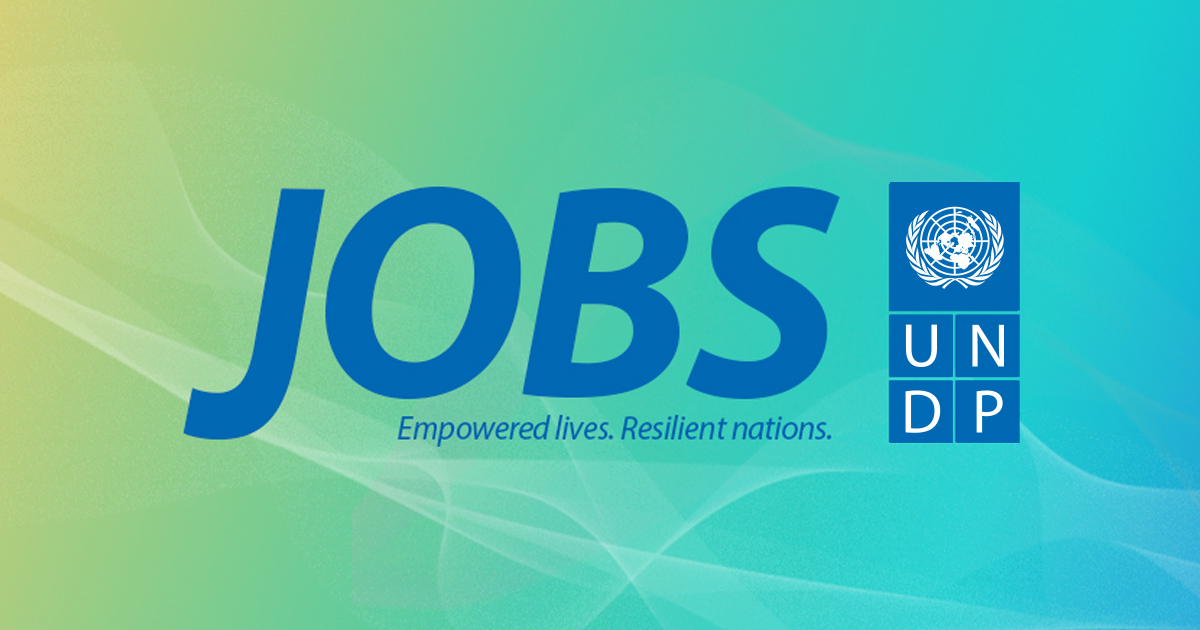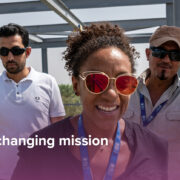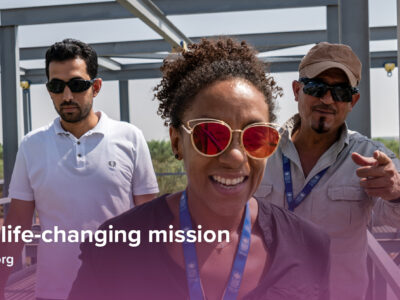
This is the Terms of Reference for the UNDP-GEF Midterm Review (MTR) of the full or medium-sized project titled Strengthening Biodiversity and Ecosystems Management and Climate-Smart Landscapes in the Mid to Lower Zambezi Region of Zimbabwe (PIMS-5693) implemented through the UNDP/ Ministry of Environment, Climate, Tourism and Hospitality Industry (MECTHI), which is to be undertaken in 2021. The project started on the 7 August 2018 and is in its third year of implementation. This ToR sets out the expectations for this MTR. The MTR process must follow the guidance outlined in the document Guidance For Conducting Midterm Reviews of UNDP-Supported, GEF-Financed Projects (http://web.undp.org/evaluation/documents/guidance/GEF/mid-term/Guidance_Midterm%20Review%20_EN_2014.pdf)
The Government of Zimbabwe, through the Ministry of Environment, Climate, Tourism and Hospitality Industry (MECTHI), in partnership with the UNDP is implementing a 6-year GEF funded project entitled “Strengthening Biodiversity and Ecosystems Management and Climate-Smart Landscapes in the Mid to Lower Zambezi Region of Zimbabwe.” The project is implemented under a National Implementation Modality (NIM) where MECTHI is the Implementing Partner. This is a child project being implemented under a global parent programme entitled “Global Partnership on Wildlife Conservation and Crime Prevention for Sustainable Development.” The project seeks to address multiple threats to biodiversity and sustainable community development in the Lower Zambezi which include poaching and associated wildlife trade, retaliatory killing of wildlife, deforestation and associated land degradation due to unsustainable agriculture and firewood consumption, and uncontrolled veld fires. The Zimbabwe project is therefore a multifocal area project whose objective is to promote an integrated landscape approach to managing wildlife resources, carbon and ecosystem services in the face of climate change in the protected areas and communal lands of the Mid to Lower Zambezi Regions of Zimbabwe. The project has 4 components namely:
- Component 1. Strengthening capacity and governance frameworks for integrated wildlife and woodland management and wildlife/forest crime enforcement in Zimbabwe;
- Component 2. Strengthening Zimbabwe’s PA estate and CAMPFIRE Wildlife Conservancies in areas of global BD significance;
- Component 3. Mainstreaming BD and ES management, and climate change mitigation, into the wider landscape; and
- Component 4. Knowledge Management, M&E and Gender Mainstreaming.
There are four corresponding outcomes namely:
- Outcome 1. Increased national capacity for IWT control and integrated wildlife and woodland;
- Outcome 2. Improved capacity of PA network and CAMPFIRE Wildlife Conservancies to protect globally significant biodiversity of the mid-lower Zambezi region over a total area of 1,616,900 ha;
- Outcome 3. Increased area under sustainable management and increased benefits for local communities from CBWM, SFM and SLM in established CWCs; and
- Outcome 4. Lessons learned by the project through participatory M&E and gender mainstreaming are used nationally and internationally.
The project is being implemented in Muzarabani, Mbire and Hurungwe Districts as well as Mana Pools National Park, and Chewore, Sapi, Hurungwe, Dande, Charara and Doma Safari Areas. The total allocated resources for this project is USD 12,025,964. In addition, in-kind co-financing is USD 45,411,000 from the Government of Zimbabwe, Private sector and NGO partners.
The World Health Organization (WHO) declared COVID-19 as a global pandemic on 11th March 2020 as the new coronavirus rapidly spread to all the world. The Zimbabwe government declared the COVID-19 crisis a “national disaster” on 27 March 2020 and began a nationwide lockdown on March 30. The lockdown was later eased but extended indefinitely on 16 May 2020. As of 15 March 2021, there were 36,504 confirmed cases of Covid-19 in Zimbabwe, of which 1,504 were fatalities and 34,051 persons recovered. Covid-19 has spread in all the country’s 10 provinces and cities across Zimbabwe. The country has implemented social restrictions including two national lockdowns (30 March 2020 and 5 January 2021) to reduce the spread of the virus. The COVID-19 pandemic has affected the implementation of the project. Most of the project activities, especially those involving gathering groups of people, were postponed or cancelled altogether due to the country-wide lockdown and subsequent movement restrictions that followed. In addition, the project had to revise the annual work plan to respond to the COVID-19 Pandemic. The project had to channel resources towards more patrols as they were reports of increased incursions by poachers in the protected area. Based on the assessment, some work can continue on-schedule, while some might be deferred and likely to delay and some may need readjustment to adapt to the new normal.
UNDP Zimbabwe country office seeks the services of a National Consultant to partner with an International consultant to conduct the project mid-term evaluation. The International Consultant will serve as the team leader and the National Consultant as the local technical and stakeholder engagement expert. The National Consultant will also act as a focal point for coordinating and working with relevant stakeholders in Zimbabwe.
MTR Purpose
The project has reached its mid-term according to the implementation period and therefore an independent MTR is due. The MTR will assess progress towards the achievement of the project objectives and outcomes as specified in the Project Document, and assess early signs of project success or failure with the goal of identifying the necessary changes to be made in order to set the project on-track to achieve its intended results. The MTR will also review the project’s strategy and its risks to sustainability.
Further to this as the project is being implemented during COVID-19, the MTR will assess how the context has changed as a result of covid and how the project has been impacted and how the strategy can incorporate the COVID-19 risks going forward. The MTR will also look at any project interventions that have contributed directly or indirectly to government’s effort of COVID-19 recovery both at the national level and project sites.










Comments